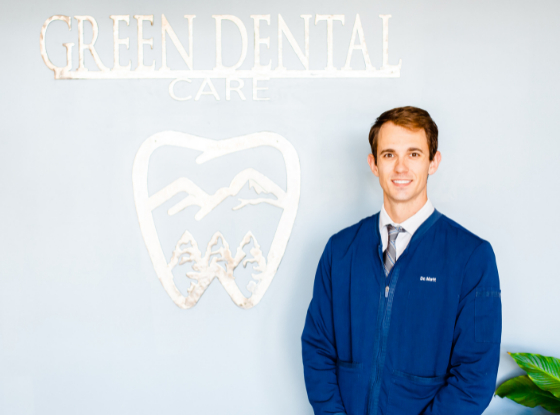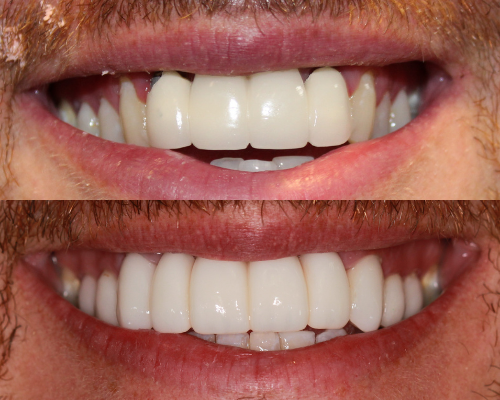Why Professional Teeth Whitening Treatment
If you have done all you can to get those perfect white shiny teeth but still you are not quite getting the result you desire, then it is probably time to let a professional, like your local Parker dentist, take over and do the job they are trained to do. The perfect bright smile is easier to achieve than you think. Professional teeth whitening has become much easier and cheaper due to advances in technology resulting in a reduction of costs.
The benefits of shiny white teeth are not limited to aesthetics only. A nice bright smile can give a boost to your self-esteem and confidence, and many people believe that a good smile can be a factor in your professional success too. Dr. Christopher Green, from Green Dental Care, recommends professional teeth whitening because of the following reasons:
It Gets You the Fastest Results
In just one pain-free hour at Green Dental Care, you can see the results of the teeth whitening, and this can be especially beneficial if you need teeth whitening before an important event like a professional meeting/presentation or a wedding. The do-it-yourself alternatives are not as efficient and require more time and multiple treatments.
Results Last Longer
The whitening agents used at the dentist are professional-grade, unlike those used in use at-home kits, therefore the results are comparatively more long term. Where the whitening from home-kits lasts around two weeks, you can expect the whitening from a professional to last up to three years!
It is a Safer Option
Our friend, Dr. Kristina Neda, a cosmetic dentist in Georgetown, Kentucky about the benefits of professional teeth whitening. Dr. Nda agrees that professional teeth whitening treatments are a safer option. Since the do-it-at-home kits provide you with slower results, you tend to apply them regularly and for a longer time. Due to this consistent application of whiteners, you run the risk of demineralizing your tooth enamel at a faster rate than the rate it mineralizes itself, as after the application of whitener the enamel needs a certain period to mineralize itself naturally. However in the case of professional whitening, only one session is required to achieve the optimal results and that eliminates the risk of demineralization of the enamel, which can lead to bigger dental complications.
It Gives You a Confidence Boost
Confidence plays a major role in your success in life – whether it is your career or relationships. One of the big factors that increase your confidence is a smile that you are comfortable with. Therefore when you take the decision to whiten your teeth from a professional, it will have a greater impact than just the visual value, it can actually be a good investment for your future success and that too at good value for money.
The above-mentioned reasons should be enough to convince you that professional teeth whitening is a much better option than the do-it-yourself option. The do-it-yourself kits get you results over time, but they are much less effective and efficient than the professional teeth whitening option. If you are still unsure about which route you should take, book an appointment with Dr. Chris Green so that he can advise you on the best option for you.














